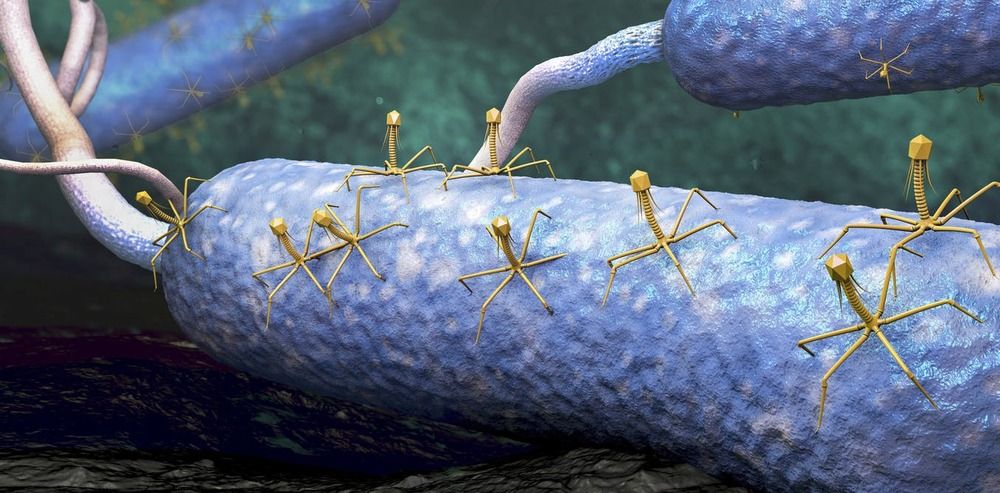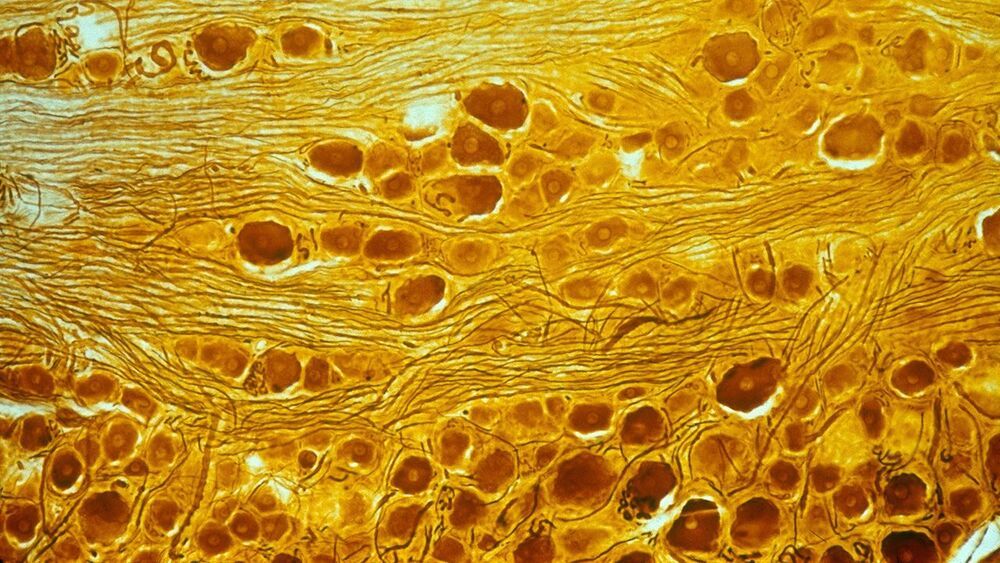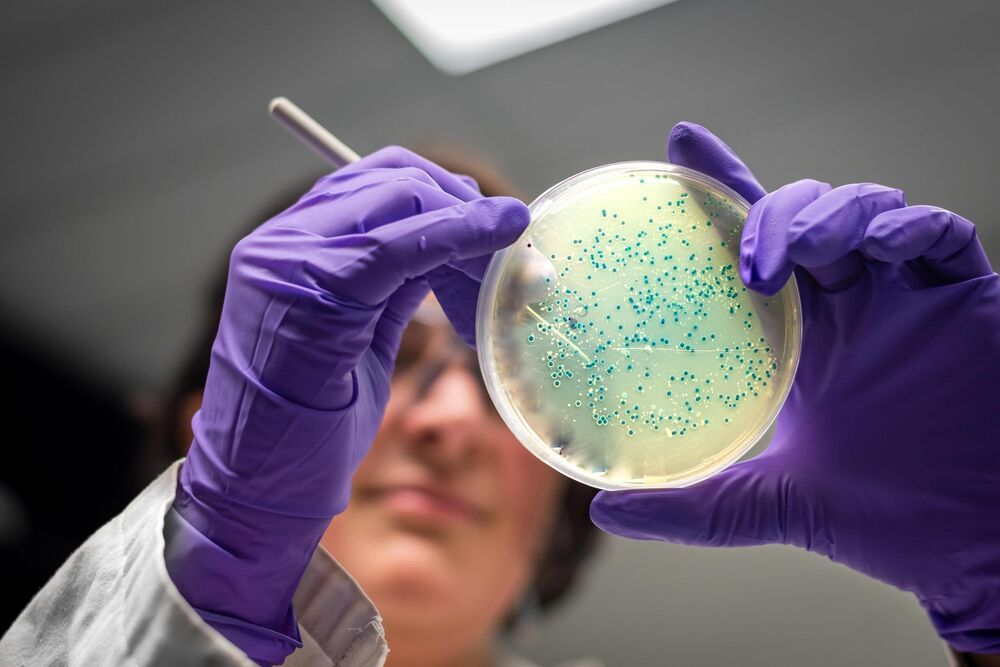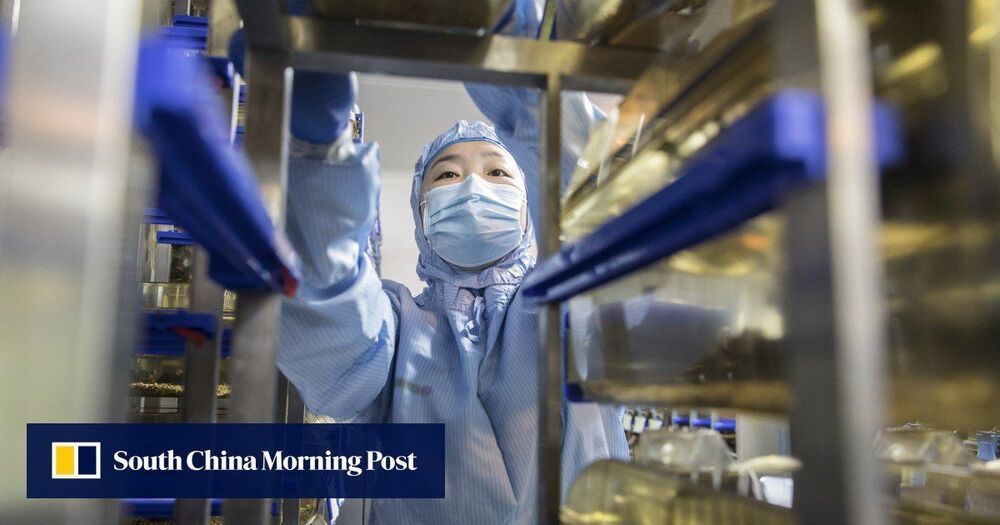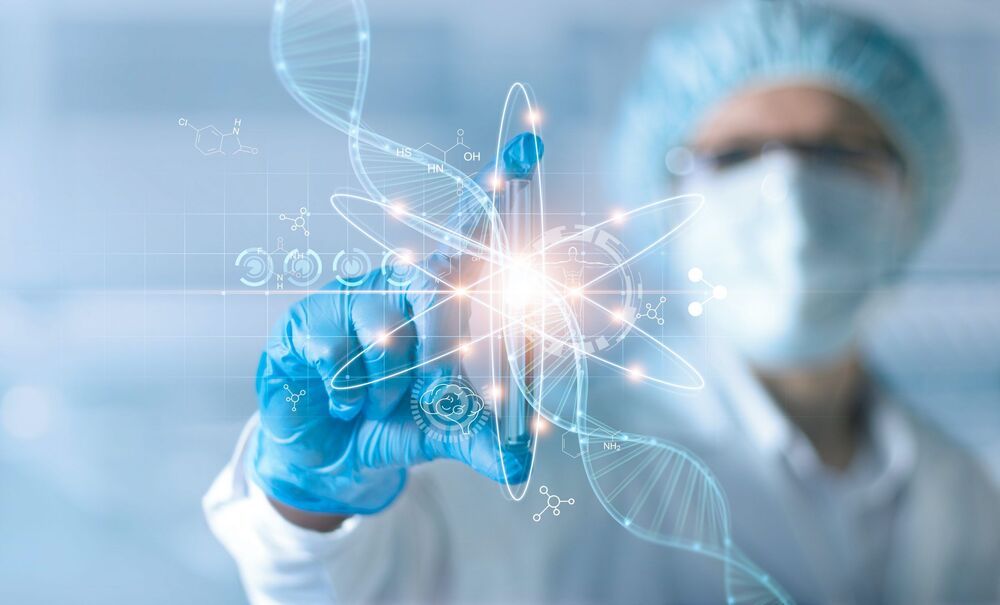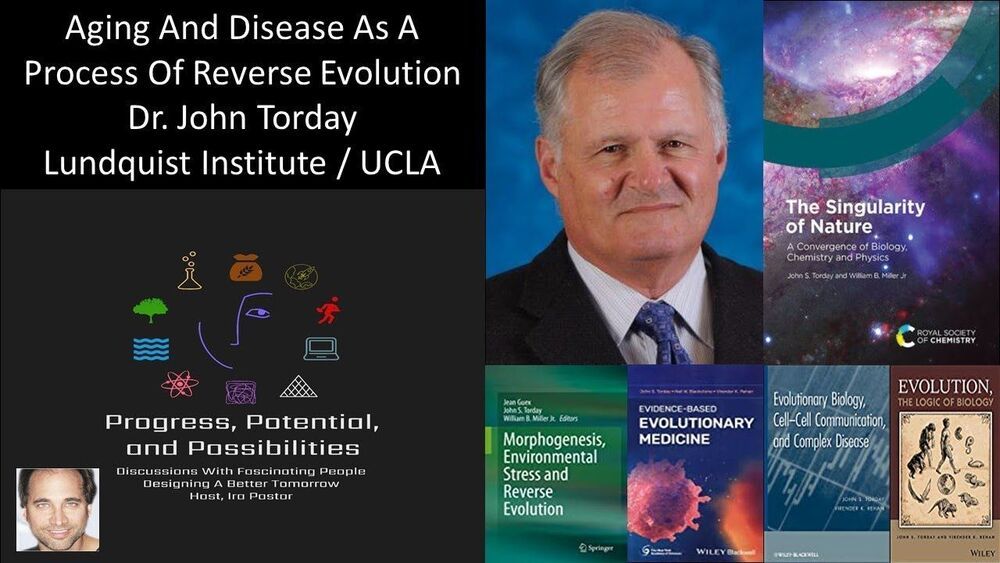Mar 11, 2021
Engineered viruses can fight the rise of antibiotic-resistant bacteria
Posted by Paul Battista in categories: bioengineering, biological, biotech/medical, education, genetics, health, policy
As the world fights the SARS-CoV-2 virus causing the COVID-19 pandemic, another group of dangerous pathogens looms in the background. The threat of antibiotic-resistant bacteria has been growing for years and appears to be getting worse. If COVID-19 taught us one thing, it’s that governments should be prepared for more global public health crises, and that includes finding new ways to combat rogue bacteria that are becoming resistant to commonly used drugs.
In contrast to the current pandemic, viruses may be be the heroes of the next epidemic rather than the villains. Scientists have shown that viruses could be great weapons against bacteria that are resistant to antibiotics.
I am a biotechnology and policy expert focused on understanding how personal genetic and biological information can improve human health. Every person interacts intimately with a unique assortment of viruses and bacteria, and by deciphering these complex relationships we can better treat infectious diseases caused by antibiotic-resistant bacteria.
